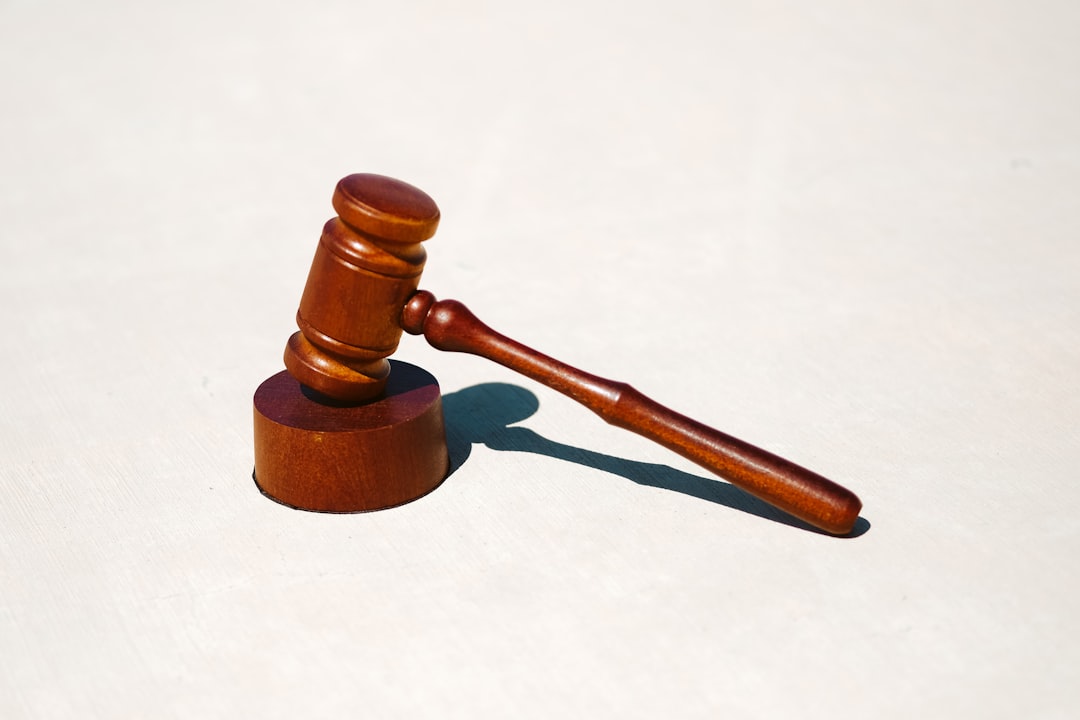Louisiana, especially Vidalia, faces a severe spam call crisis affecting emergency services. A multi-pronged approach is needed: public education on call identification, advanced screening systems, and telecom collaboration for better filtering. Existing laws like TCPA must be enforced by service providers to reduce spam. Blocklists, reporting, community education, and fine-tuned filtering are key strategies to combat spam calls in Vidalia and across Louisiana, as detailed in "How to Stop Spam Calls Louisana."
In Louisiana, emergency services often face a unique challenge: spam calls. These unwanted communications not only disrupt operations but also pose risks to public safety. This article delves into effective strategies for handling spam calls in Vidalia and across Louisiana. We explore legal frameworks, reporting mechanisms, blocklist implementation, community education, and more, offering practical steps on how to stop spam calls in the state.
Understanding Louisiana's Spam Call Problem

Louisiana, especially Vidalia, faces a significant challenge with spam calls, which has become an increasingly pressing issue for emergency services. These unwanted phone calls, often originating from automated systems, inundate residents’ phones, making it difficult to distinguish between legitimate emergencies and fraudulent attempts. The problem is exacerbated by the fact that spam callers frequently target areas known for their high population density, such as Vidalia, where quick response times are critical in emergency situations.
To combat this issue, understanding the nature of Louisiana’s spam call problem is crucial. Many tactics employed by spammers include spoofing local numbers, making it hard to trace and block. How to stop spam calls in Louisiana involves a multi-pronged approach: educating residents on identifying suspicious calls, implementing robust call screening systems, and collaborating with telecom providers to deploy advanced filtering technologies. By combining these strategies, Vidalia can work towards mitigating the impact of spam calls on its emergency services.
Legal Frameworks and Regulations Against Spam

In Louisiana, like many other states, there are robust legal frameworks and regulations in place to combat spam calls and protect residents. The Telephone Consumer Protection Act (TCPA) is a key federal law that restricts telemarketers’ practices and provides consumers with remedies for unwanted calls. At the state level, Louisiana has its own laws that complement the TCPA, offering additional protections against spam calls.
Understanding these legal frameworks is crucial for emergency services providers in Louisiana who need to handle spam calls effectively. By adhering to these regulations, they can ensure they are not contributing to the problem and may even help reduce spam calls in the state. One effective strategy is to implement robust call screening and blocking mechanisms that align with legal guidelines. Additionally, educating the public about how to recognize and report spam calls can further reinforce Louisiana’s efforts to stop unwanted telemarketing practices.
Identifying and Reporting Spam Calls Effectively

Spam calls can be a nuisance, especially for emergency services in Louisiana. Identifying and reporting them effectively is crucial to maintaining a clear communication channel during critical situations. To stop spam calls, individuals and organizations should familiarize themselves with common patterns and indicators of fraudulent or unwanted calls. This includes being wary of unknown numbers, unexpected messages, or calls offering suspicious products or services.
When faced with suspected spam, immediate action can help prevent further harassment. Most phone carriers offer tools to block numbers, and reporting these calls to relevant authorities is essential. In Louisiana, consumers can use the state’s official complaint mechanisms to document spam incidents, enabling regulators to take targeted actions against repeat offenders. By collectively adopting these strategies, emergency services and their communities can better protect themselves from the disruptions caused by spam calls.
Implementing Blocklists and Filtering Techniques

Implementing blocklists and advanced filtering techniques is a powerful strategy for emergency services in Louisiana to combat spam calls. By utilizing sophisticated software, these tools can identify and block unwanted incoming calls, significantly reducing the number of interruptions during critical operations. Blocklists are comprehensive databases that contain known spam numbers, allowing for automatic rejection of these calls before they reach the dispatchers.
This method not only saves time but also ensures that emergency responders remain focused on genuine emergencies. Additionally, filtering techniques can be fine-tuned to recognize patterns and characteristics typical of spam calls, further enhancing their effectiveness. By integrating these solutions, Louisiana’s emergency services can create a safer and more efficient environment for both staff and the public they serve.
Community Education and Awareness Strategies

Community education plays a pivotal role in empowering residents of Vidalia, Louisiana, to combat spam calls effectively. Teaching citizens about the tactics used by scammers can help them recognize and avoid potential threats. Workshops and seminars can be organized to highlight the impact of spam calls on emergency services and the broader community. By educating people on how to identify suspicious activities, such as unexpected phone calls with automated messages or requests for personal information, they can become more vigilant.
Promoting best practices like not revealing sensitive data over the phone, blocking unknown numbers, and reporting suspicious calls to local authorities are essential components of these awareness campaigns. Encouraging community members to stay informed and take proactive measures will significantly contribute to reducing spam call volumes and ensuring a safer environment for Vidalia residents.






